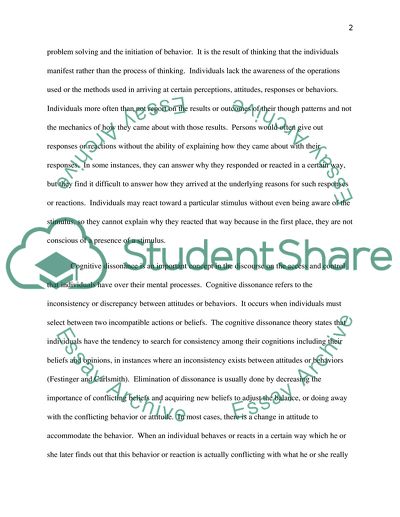Cite this document
(“Analyzing Verbal Reports on Mental Processes Essay”, n.d.)
Analyzing Verbal Reports on Mental Processes Essay. Retrieved from https://studentshare.org/psychology/1519157-analyzing-verbal-reports-on-mental-processes
Analyzing Verbal Reports on Mental Processes Essay. Retrieved from https://studentshare.org/psychology/1519157-analyzing-verbal-reports-on-mental-processes
(Analyzing Verbal Reports on Mental Processes Essay)
Analyzing Verbal Reports on Mental Processes Essay. https://studentshare.org/psychology/1519157-analyzing-verbal-reports-on-mental-processes.
Analyzing Verbal Reports on Mental Processes Essay. https://studentshare.org/psychology/1519157-analyzing-verbal-reports-on-mental-processes.
“Analyzing Verbal Reports on Mental Processes Essay”, n.d. https://studentshare.org/psychology/1519157-analyzing-verbal-reports-on-mental-processes.


